Congestion “free” – really? Is there such a thing? Can we reach that state? Should we aim to reach that state?
Here’s an example, just in from London, which as we all know is the capital of a small country quite some distance north of here…. London famously introduced a congestion charge about 17 years ago – so, is London now “congestion free”?
Ummm, reading that article, it appears not. In fact, allegedly, in parts it is worse than before. Apparently, “Britain’s biggest city has almost ground to a halt, thanks to the rise of Uber, delivery drivers – and cycle lanes.” Crucially, the buses which used to scoot people around reasonably well, are now being used less, as they are getting stuck in traffic more. London has, as we all know, one of the world’s most extensive underground train systems, the London Underground. Does exactly what it says on the packet. But the buses?
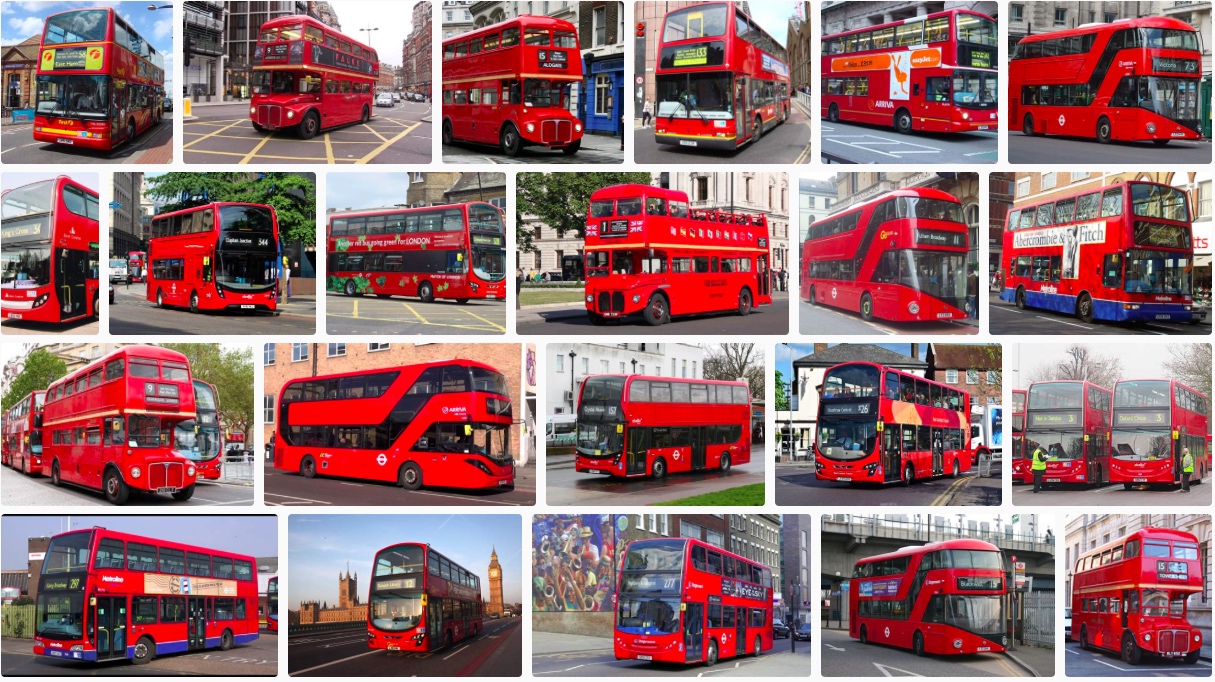
“London lost a lot of passengers in 2015-16 because the speed of my number 11 bus was 4mph. You could walk faster than that. Increasing congestion is the biggest problem we face. Congestion has such a negative impact. Air quality worsens. The slower buses go, the more people get out of them and get into the car, and the slower it will go. All you get is more traffic idling, belching out fumes.â€
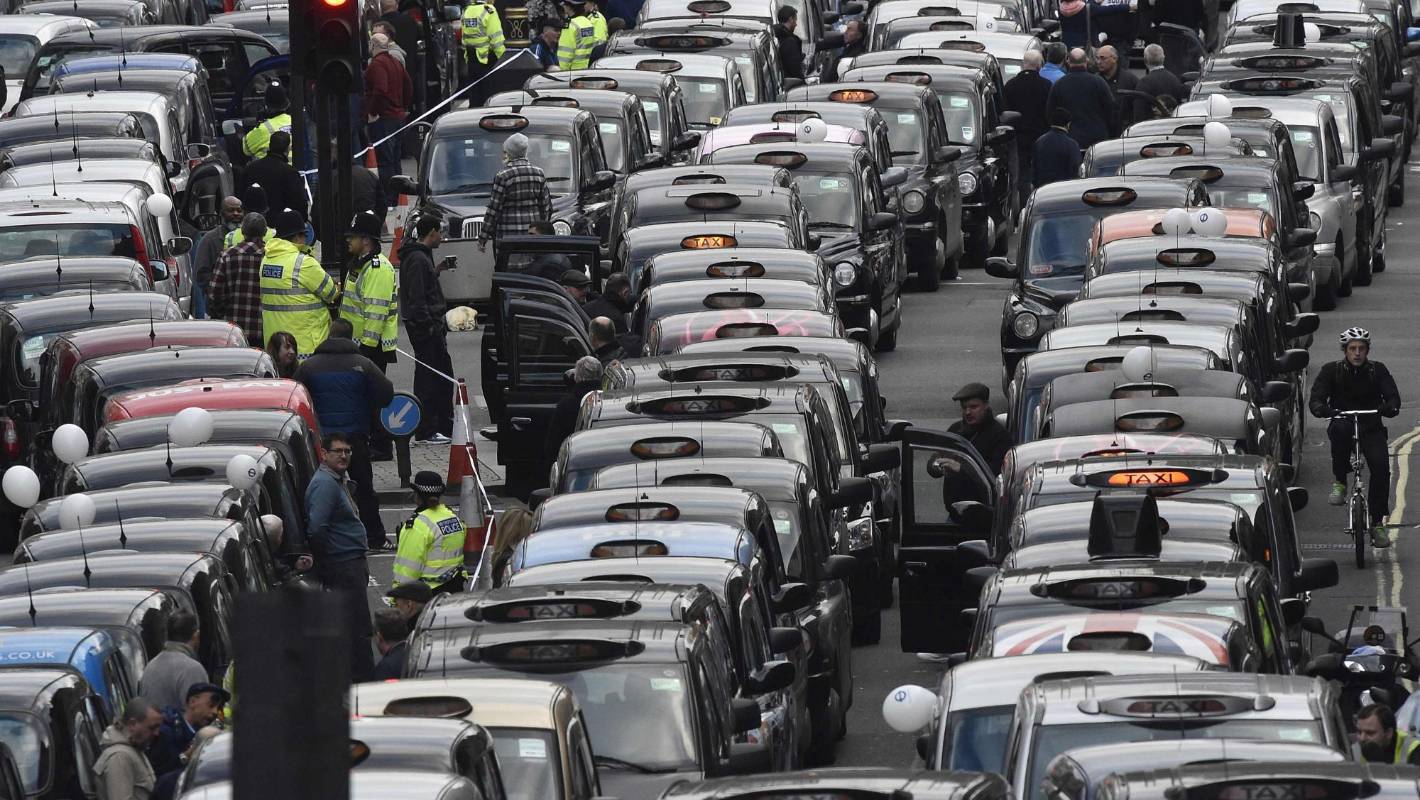
So what is the problem? If private car use has fallen to almost zero within London, what then is the reason for all the congestion? “The fastest multiplying element of traffic everywhere is the light commercial vehicle – better known as the delivery van. Van journeys have shot up by 25% in the past decade in Britain, as online shopping has fuelled what Travers calls “the wild west of deliveriesâ€. Even logistics firms, the business of which is fuelled by shoppers, grumble privately about the craziness of Amazon Prime and similar next-day promises: deliveries that could have been efficiently combined are instead expedited, spawning more trips.”

And those are exactly the reason why the big brainwave of a few years ago, the “self-driving car” that some thought was going to solve all the traffic problems, is in fact doomed to destroy it instead. If we can take the ubiquitous silver Prius-driving Uber drivers as an example (just what makes Uber drivers buy a Prius? They’re god-awful pieces of shit design – the Nissan Leaf is far better, and fully electric, not a piddly stupid hybrid), then: “without the dedicated ranks where traditional taxis can stop… The upshot is that many drivers simply circle and wait for customers, creating traffic that doesn’t yet know where it is going. According to Calderato, by early 2019, “about 28% of them were emptyâ€.”
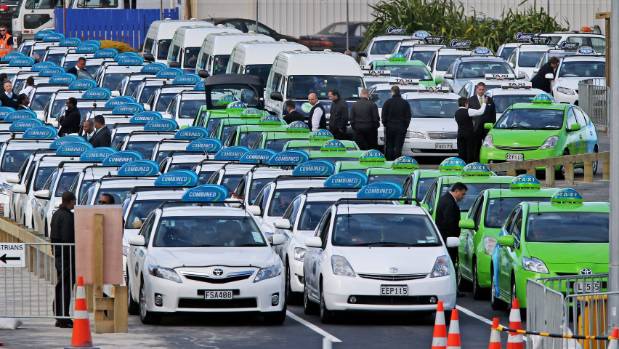
If we can liken the Uber driver to a robot-car (ignoring for now the ubiquitous Iranian or Serbian at the wheel – apparently in Auckland they are all Indian) then why do we think that robot-cars are likely to be any different? They’re not going to save the planet – they’re just going to fuck it up even further.
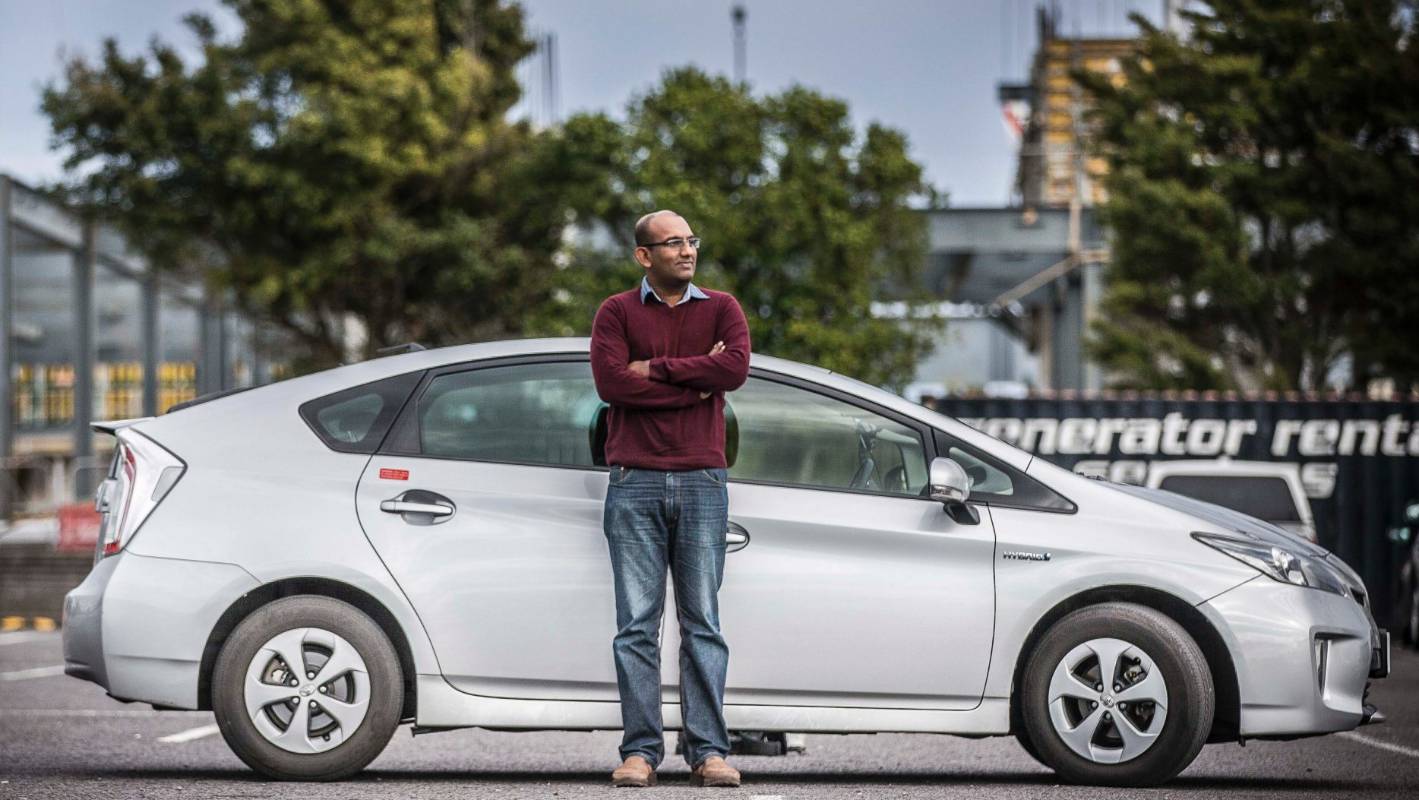
There are other problems – some of which may also ring a bell with you. Do you use a private waste collection service? I know some people do – in Wellington we have the WCC collecting rubbish and recycling, but we also have other companies too: Waste Management, EnviroWaste, Woods Waste, Daily Waste, Dimac Bins, Low-cost Bins, Green Waste, Econo Waste, Owyak Bins, etc, all offering competing services and each of them with their own trucks, doing their own identical circuits of the streets. How is this a good thing? It’s just stupid: even more so in London, where that article noted that: “Regent Street had 36 different operators doing recycling. Each person was doing the right thing, but add them all up together …â€
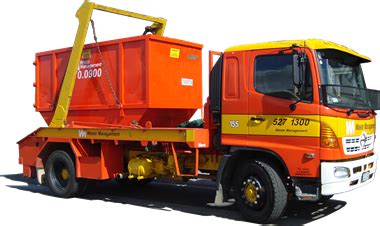
I hear from my flat in central Wellington the results of this – eternal noise from the streets below as the different trucks arrive at different times of the night – they’re all trying to avoid collecting bins during the day, so they concentrate on night collection instead, apparently in the belief that they will disturb no one: nothing could be further from the truth. Our central-area apartment is in a street which is 90% residential, yet is officially “CBD” which means that the one large business there gets its rubbish collected at 2am, the recycling collected at 3am, while our rubbish is collected at 4am and our neighbours is collected at 5am. And then the general commuter traffic arrives at 6am and peaks by 8am. No rest for the wicked sleepy, or so it seems. No wonder I’m always grumpy.
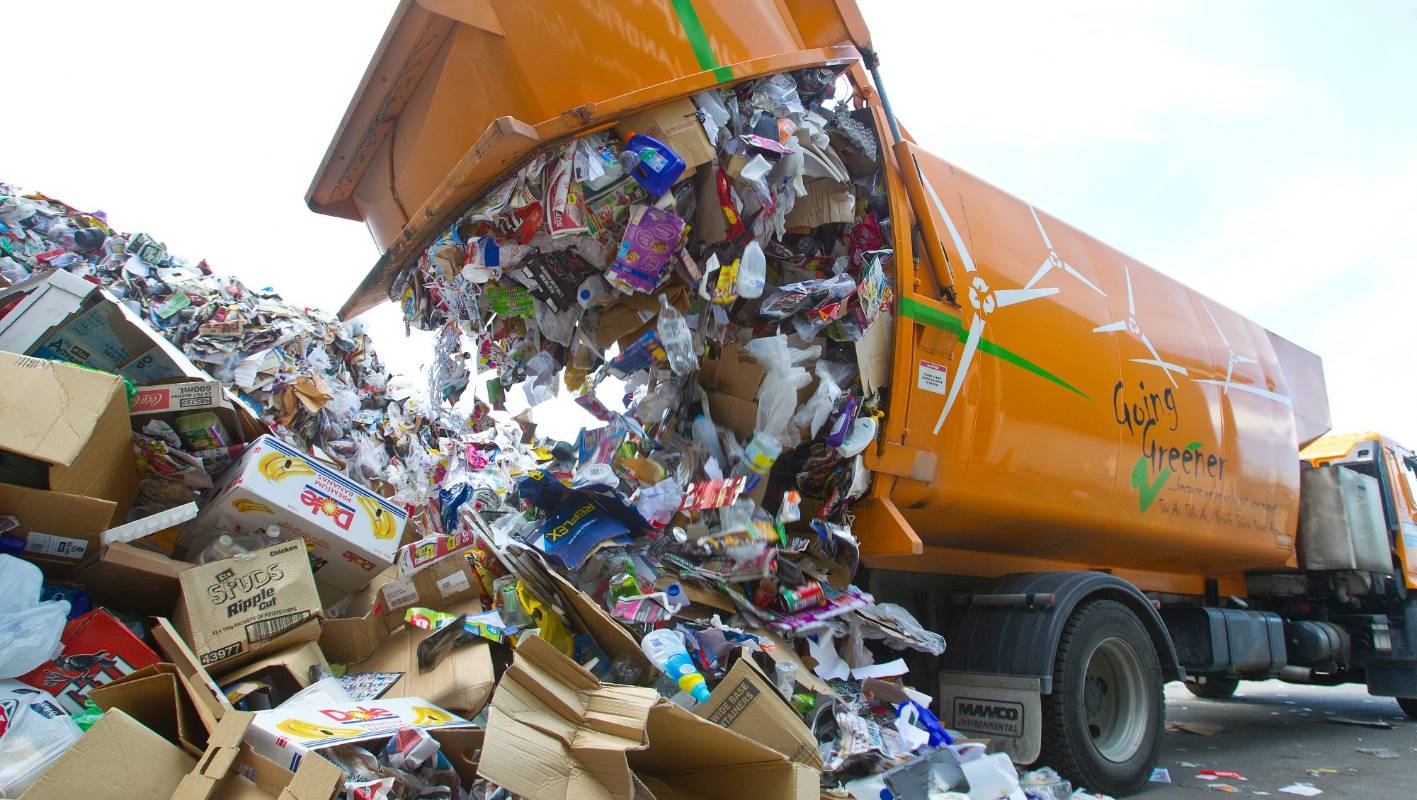
We also have a fair number of delivery vehicles. Remember when we used to have just one, called the Postie? For reasons known only to itself, NZ Post seems intent on killing off its main business (delivering mail), leaving others to step into its shoes.
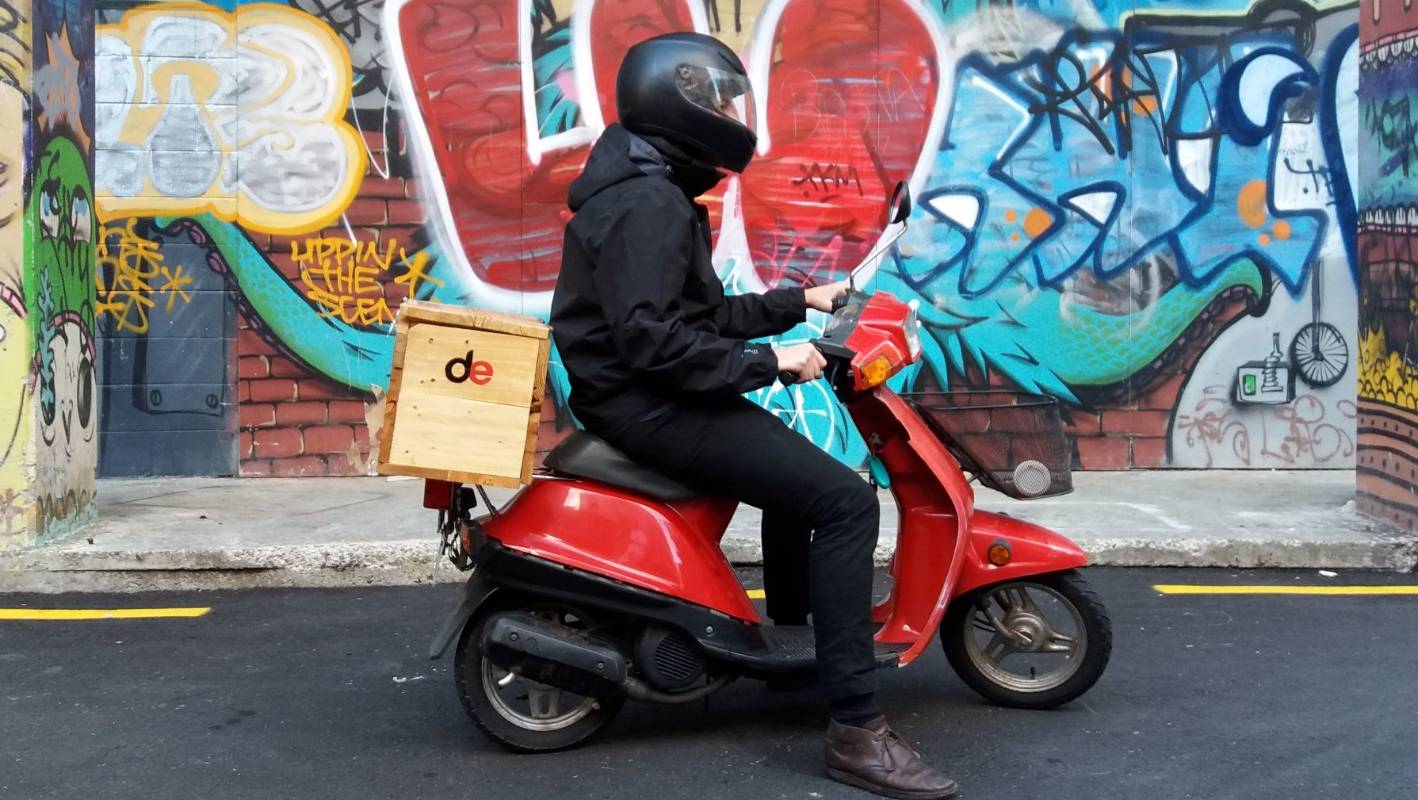
So now we have the following companies delivering to our apartment building: NZ Couriers, DHL, Fed Ex, Poste Haste, FastWay Couriers, Fli-way Couriers, Express Couriers, Courier Post, Kiwi Express, PBT, Castle Parcel, Pace, Sub60, not to mention the likes of Deliver Easy, DX Post, Uber Eats, Countdown, Dominos, Hell Pizza, My Food Bag, and of course Amazon, who use a variety of delivery agents according to where the parcel came from. I had an extremely stupid delivery agent from PBT the other day, resulting in a package from Sydney taking over a month to get here, with the driver of the vehicle being apparently unable to find an address in central Wellington that all those other delivery companies above manage to find every single day….

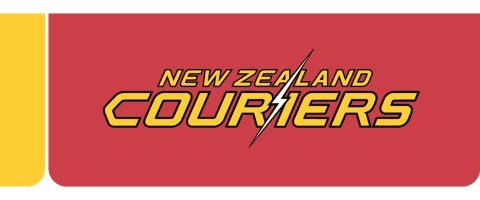

And that’s a problem in itself – each of those courier companies have their own vehicles, mostly in the form of a small van, all on their own individual schedule, and so far, none of them bicycle couriers. I want NoCarGo! Actually, I want a return to NZPost doing all the postal deliveries, once a day, same as it used to be. Not, as in the London article noted above, where deliveries were rife, but not actually helping: “Some of these deliveries were personal items; others were the result of various departments ordering their own photocopying paper, which arrived at different floors at different times.”
Or sometimes, as pictured below, arriving at precisely the same time…
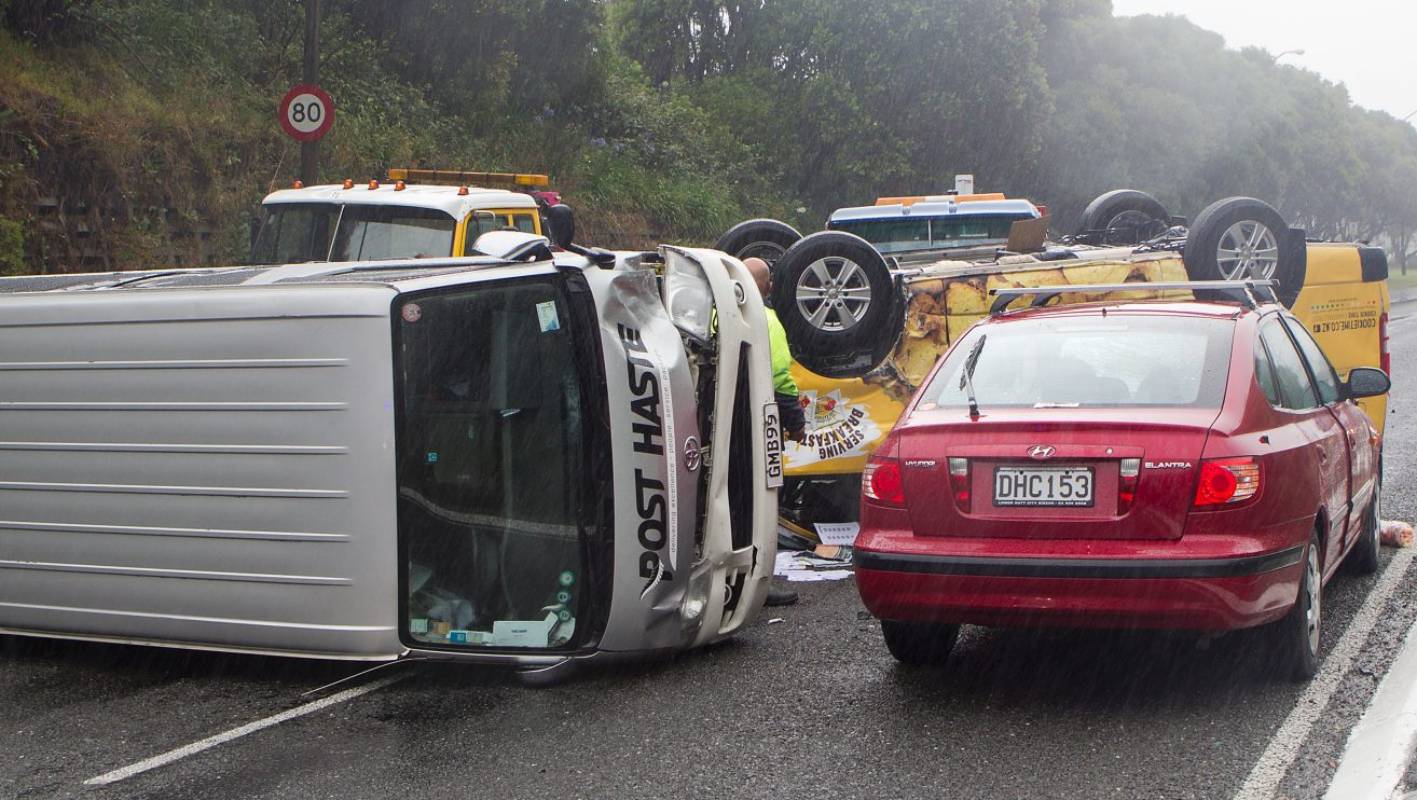
So what is the answer then? I know what my answer is – a Light Rail system through Wellington would help a lot as long as it has a completely separate track from the general road traffic. What is your suggestion?

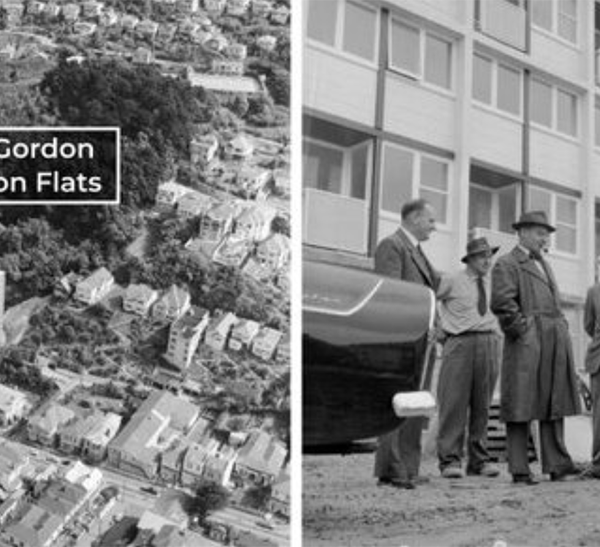
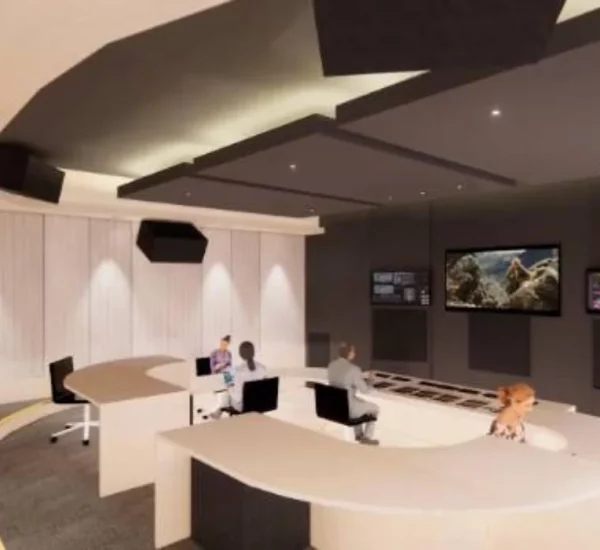
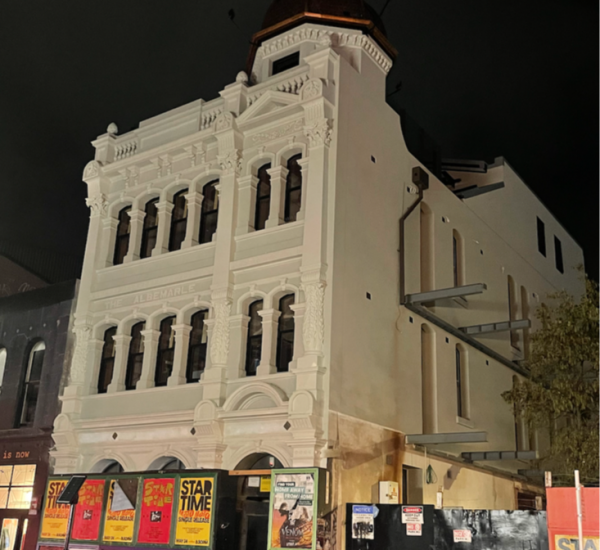
There is already a NoCar Cargo, you’ll be pleased to hear. Will be great to see them scale up as more people discover them and switch their business. They’re nocarcargo dot co dot nz.
James – yes indeed, I know NoCarCargo – ran into one last night. Well, not in the literal sense, more the figurative sense… A little scary to see him navigating down State HighWay 1 (i.e. Vivian St) but he seemed to be OK with that.
Speaking of No Car Cargo….
“Ever wanted to send a letter to someone special in Napier, but held off because of all those nasty transport emissions? We thought so! Now is your chance! Be part of the historic launch of New Zealand’s first intercity cycle postal service. Almost certain to be faster than the regular post!
Nocar Cargo’s Darcy Snell will depart Wellington on Thursday 13th Feb. He aims to ride to Napier in one day. Why not send your beloved friends or family a guilt-free, emissions-free letter of appreciation? $10 cash for the rider, delivery on Valentine’s or soon after. Collection in Wellington by Tuesday. Email pedals@nocarcargo.co.nz to arrange postage.
Help make history. The future is now!”
I imagine you’d need a lot of Weet-Bix to make that delivery!
Two words: pneumatic tubes
Three words: solid rubber tyres
Four words: http://www.tannus.com.au
> $10 cash for the rider
… how much post can one cyclist carry to make it worth $10/piece for a whole day’s work?
$17.70 * 8hrs/day = $141, so 15 letters.
I struggle to see how Wlg-Napier can be cycled in eight hours though, so 20-25 bits of post each way is probably a minimum to break even – and that’s for minimum wage, not a living wage.
I suppose it’s a one-off publicity trip, then? I doubt there’s enough demand for letters most weeks between Wellington and Napier to make it worthwhile for the company to send someone more than once a week, which they’d have to do if they want to compete with NZ Post, (who do three deliveries per week, even if they do take three days in transit).
If their business plan is parcels rather than letters, surely there’d start to be a weight problem for a single cyclist (given either they have to go over the `takas, or over the ‘ruas given the Gorge is closed).
I’m not holding my breath. What we need is increased provincial rail services, and electrification to Palmy!
Pity poor old NZ Post. They’ve been lumbered with a distribution system designed for (say) ten million bits of mail a day.
Once a month, a phone bill, a power bill, a gas bill would turn up. And a rates bill four or five times a year. With occasional bank statements as a bonus. About forty to fifty bits of mail per house per year.
Now it comes by email. I can’t remember the last time I had an actual physical bill printed on actual paper. Or paid an actual physical bill printed on paper by writing out an actual paper cheque and chucking it in the mail.
The background NZ Post infrastructure is designed to be funded by a far greater volume of mail than is actually being created. Huge sunk costs which have no realistic chance of ever being recovered.
And since these fixed costs are fixed, you have to cut other, variable,costs.
The more you cut a service, the less attractive it is, and the less people will use it.
I think it’s called a hiding to nothing. .
Wellingtonian living in London now.
I’ve definitely seen the congestion caused by delivery vans and ubers here. However not sure where that article is getting it’s issue with cycle lanes.
One interesting development here which is trying to lessen the delivery problem is 22 Bishopsgate:
“A consolidated delivery management system, designed by an ex-army engineer, reduces the number of trips made to 22 Bishopsgate. “Instead of all the goods going to the building, they all go to a dispatch centre outside the city, they are offloaded, scanned for security and stored until the tenant requires them,†says Cook. A digital goods management system lets inhabitants call on supplies as and when they’re needed, delivering the goods outside of peak hours and using low-emission vehicles. This will halve the number of vehicles travelling to the building.”
kia ora Tui and thanks for your comment. Nice to see someone living in London commenting on this little kiwi-based blog. I remember when i was in London, that couriers were a big part of the urban life. Not so much bicycle couriers or van couriers, but big motorbike couriers, blatting around the streets of London, with important documents and packages, keeping the City moving. Are they still active there? Never ever see them in Wellington – just vans, and endless small trucks. I feel we have sort of gone backwards…
Why mention the race of the uber drivers?
Not that kind of pneumatic tubes, this kind: https://en.m.wikipedia.org/wiki/Pneumatic_tube
Andrew – aaaaah, ok, yes, I get you now. Is that a bit like what Musk is proposing between San Fran and LA ?
Hey Levi. I’ve actually been a prolific lurker since back in the WellUrban days. Keep up the good work.
Vans seem to be the vehicle of choice for regular deliveries here, although the number of ubereats and deliveroo scooters zooming around the place is incredible.
Of the major world cities, Vancouver is the last – and the latest – to allow Uber to join up. It has been banned from Vancouver until the end of January, so it will be interesting to see what changes they will put in place. This article says:
https://www.wired.com/story/vancouver-wants-avoid-other-cities-mistakes-uber-lyft/
“Most people who drive for the companies sign up via an app and hit the road, but drivers in British Columbia must obtain the same kind of license as taxi, bus, and ambulance drivers by passing additional road, medical, and inspection tests, and paying associated fees. Uber and Lyft must share detailed data about when and where trips take place, and how much they cost—information they have resisted sharing elsewhere for fear, they have said, of revealing passenger’s sensitive data, or their own proprietary secrets. The companies also agreed to always charge above a set base fare for each trip, determined by the going rate for taxis.”
For me, as a dedicated pedestrian, “Congestion” (ie cars not moving) is a state of excellence. I can walk across the road whenever I want to when cars are stuck still, I can walk without fear or danger of being run over. Moving traffic is a pain in the arse to be honest – I’d sooner that they all rust to death in a stationary hell. Not keen on “solving” congestion at all.
Re the race of the uber drivers – thats merely observational isn’t it?
Are we so PC that we can’t mention race and occupation?
There are a lot of Phillipinos in construction and farming, is it racist to observe that?
Perhaps we should leave the racism to professionals like Bob “wifebeater” Jones
Hi 60 – yes, exactly. What I’ve always been interested in is how certain groups of people concentrate themselves in certain occupations, and to try and figure out what drives that. It’s certainly not racist – just an observation. I’ve found that a lot of Thai workers end up as tilers and Gib stoppers on site, and are really good at it as well, working bloody hard and producing great finished results. Anyway, moving on…
Tui – nice to have you commenting, after years of “prolific lurking”.